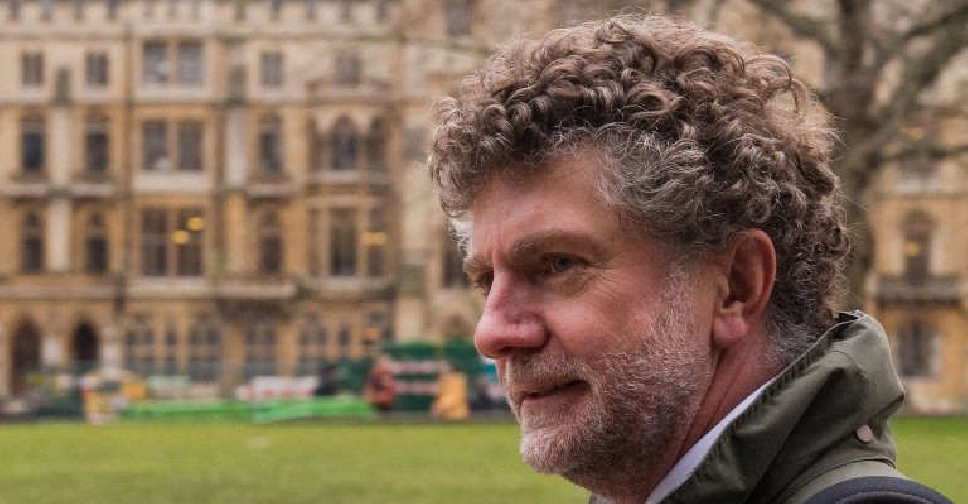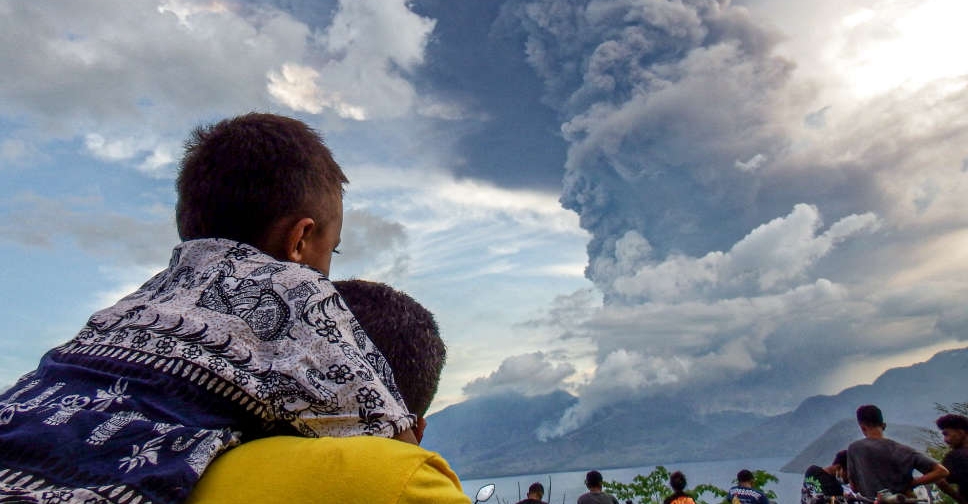
A former member of Singapore's ruling party scored a landslide victory to become the city-state's president, in an election seen as a barometer of public sentiment amid economic challenges and high-profile scandals.
Former deputy prime minister Tharman Shanmugaratnam, 66, won 70.4 per cent of votes, the elections department said, to become Singapore's head of state.
The country is a parliamentary democracy and Prime Minister Lee Hsien Loong is the head of government.
Analysts said the landslide victory for the candidate seen as closest to the establishment is a sign that Singaporeans generally still trust the ruling People's Action Party (PAP).
"It shows that the PAP is still a trusted brand, as long as the candidate that is put forth is credible. Tharman is as credible as it gets," said political scientist Walid Jumblatt Abdullah of Nanyang Technological University.
Tharman has been a popular politician, having scored several victories in parliamentary elections, including the biggest margin of votes in the general election in 2020 as a PAP member.
He resigned from the party earlier this year and emphasised his independence during his campaign for the presidency.
Usually a beacon of stable and corruption-free politics, Singapore has been rocked by a series of high-profile scandals in recent months, raising frustration among voters already wearied by exorbitant living costs.
A rare graft investigation involving a cabinet minister, the resignations of two ruling party lawmakers including the house speaker, and public outcry over ministers renting plush state-owned properties have made headlines in the tiny city-state of 5.6 million.
The role of the president is largely ceremonial in Singapore, though the office is expected to ensure checks and balances on the government.
The president holds the key to the country's large but undisclosed reserves, with veto powers over any budget or specific transaction that is likely to draw on those reserves, thought they must consult the Council of Presidential Advisers.
The president can also veto the appointment or removal of key public officials, and direct the anti-graft bureau to investigate cases even when the prime minister disagrees.
This is Singapore's third presidential election since a 1991 act gave the public the right to choose and Tharman will be the country's ninth president overall.
PM Lee said in a statement he had called to congratulate Tharman.
"I...assure(d) him of my government's full cooperation. Mr Tharman has also declared his intention to work closely with the government," he said.


 UN: 70% of Gaza fatalities women and children
UN: 70% of Gaza fatalities women and children
 Britain names Jonathan Powell as national security adviser
Britain names Jonathan Powell as national security adviser
 Indonesian volcano spews ash 10 km high
Indonesian volcano spews ash 10 km high
 Israeli PM directs two rescue planes to Amsterdam
Israeli PM directs two rescue planes to Amsterdam



